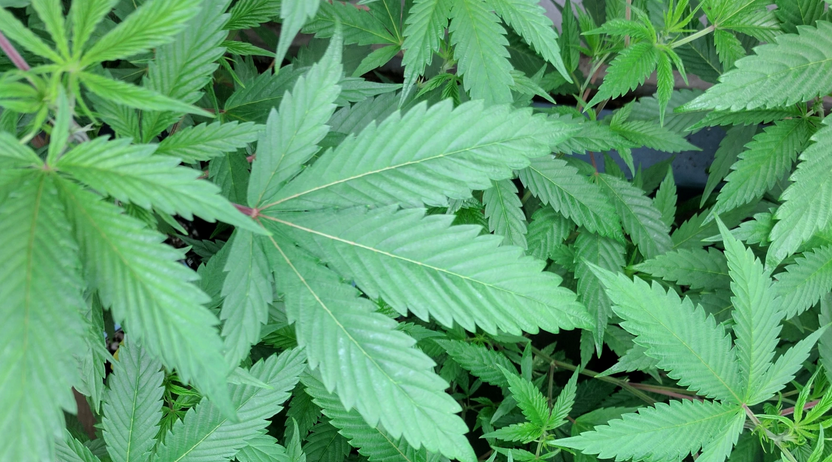Changes coming to identification required for cannabis, liquor purchases
The requirement for identification for liquor or cannabis purchases in B.C. is slated to drop from two pieces to one.
Currently, anyone who purchases liquor or cannabis must show two pieces of identification (ID) if requested by the licensed establishment.
The proposed regulatory amendment to section 158 in the Liquor Control and Licensing Regulation and section 37 of the Cannabis Licensing Regulation would only require one piece of government-issued ID for liquor or cannabis purchases.
“This amendment aligns with other provincial requirements, such as tobacco purchases,” said Monika Laube, engagement and outreach specialist, Liquor and Cannabis Regulation Branch.
Twenty-three years ago the Province increased the requirement from one to two pieces of prescribed ID to purchase alcohol, a move expected to mitigate problems related to an increased use of counterfeit IDs by minors.
Prescribed ID includes a passport, driver’s licence, or government-issued photo ID (primary ID), which includes status cards. A secondary ID is one that displays the individual’s name and either their signature or picture.
The request of one piece of identification is consistent with the requirement in all other provinces and territories.
Even with the possible change in identification, licensees and their employees must still confirm an individual’s age if there is any doubt an individual is over 19.
This may include requesting a second piece of identification.
“Licensees can also implement more restrictive ID policies, such as checking every patron’s ID,” noted a press release from the Province.
Current strategies to protect minors
There are a number of strategies now in place to protect minors and deter liquor and cannabis licensees from selling to anyone they suspect to be under-age. These include:
- enhanced security features for government-issued IDs, making them difficult to counterfeit or alter;
- the Minors as Agents Program, which targets licensee compliance with ID regulations, enabling inspectors to take enforcement action where required; and
- enhanced training materials for the safe serving training programs required of licensees and their staff, which explains the legal responsibilities associated with selling or serving liquor and cannabis and how to prevent sales to minors.
Source: Liquor and Cannabis Regulation Branch


























Comments